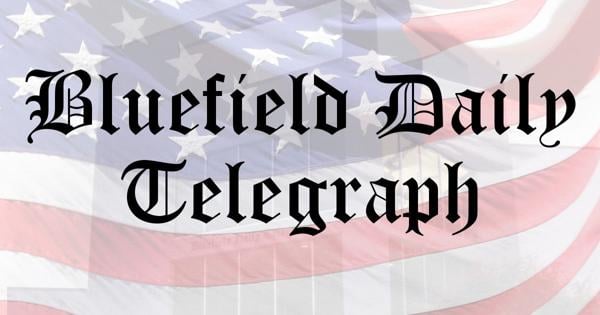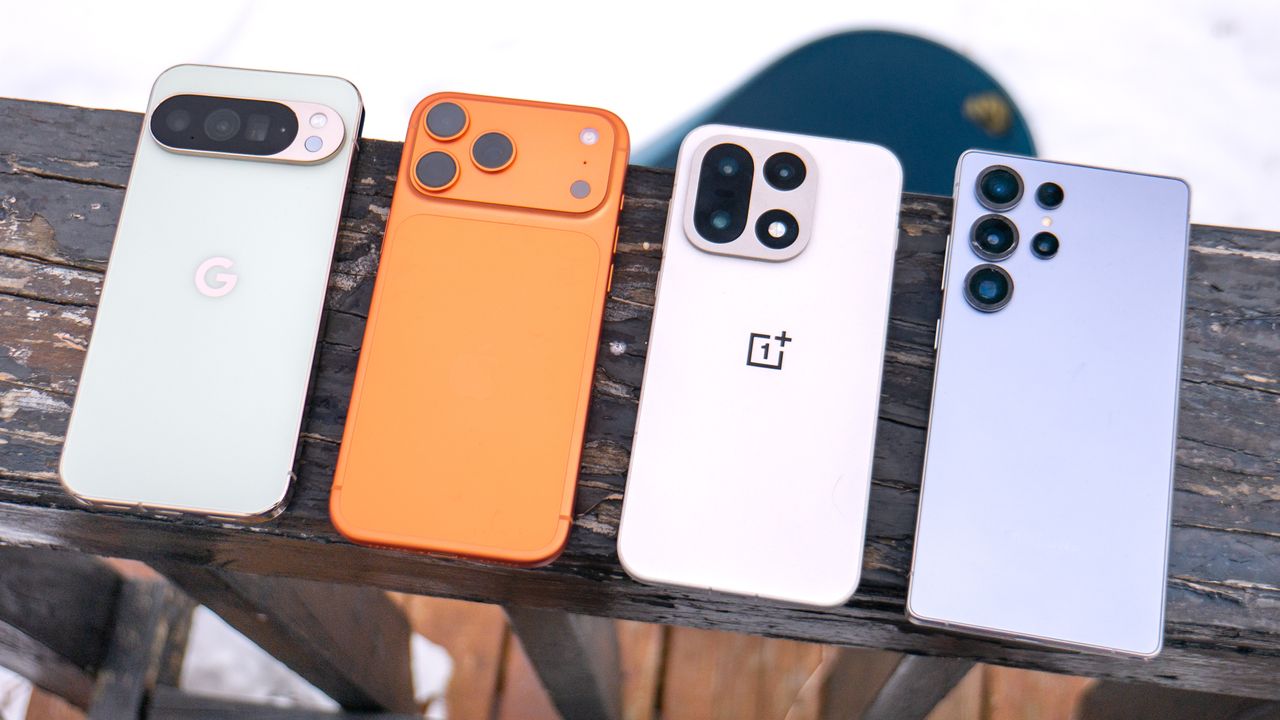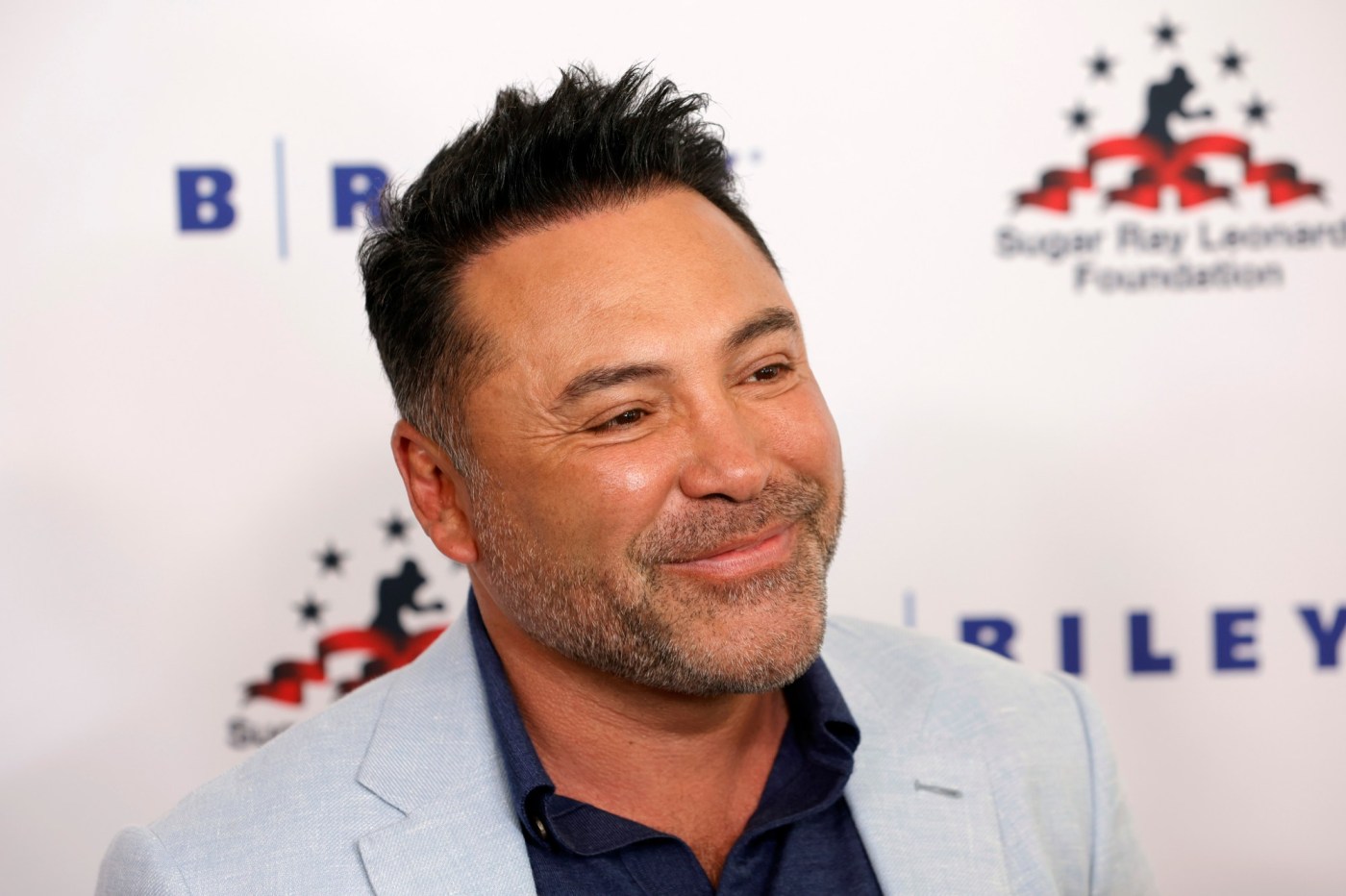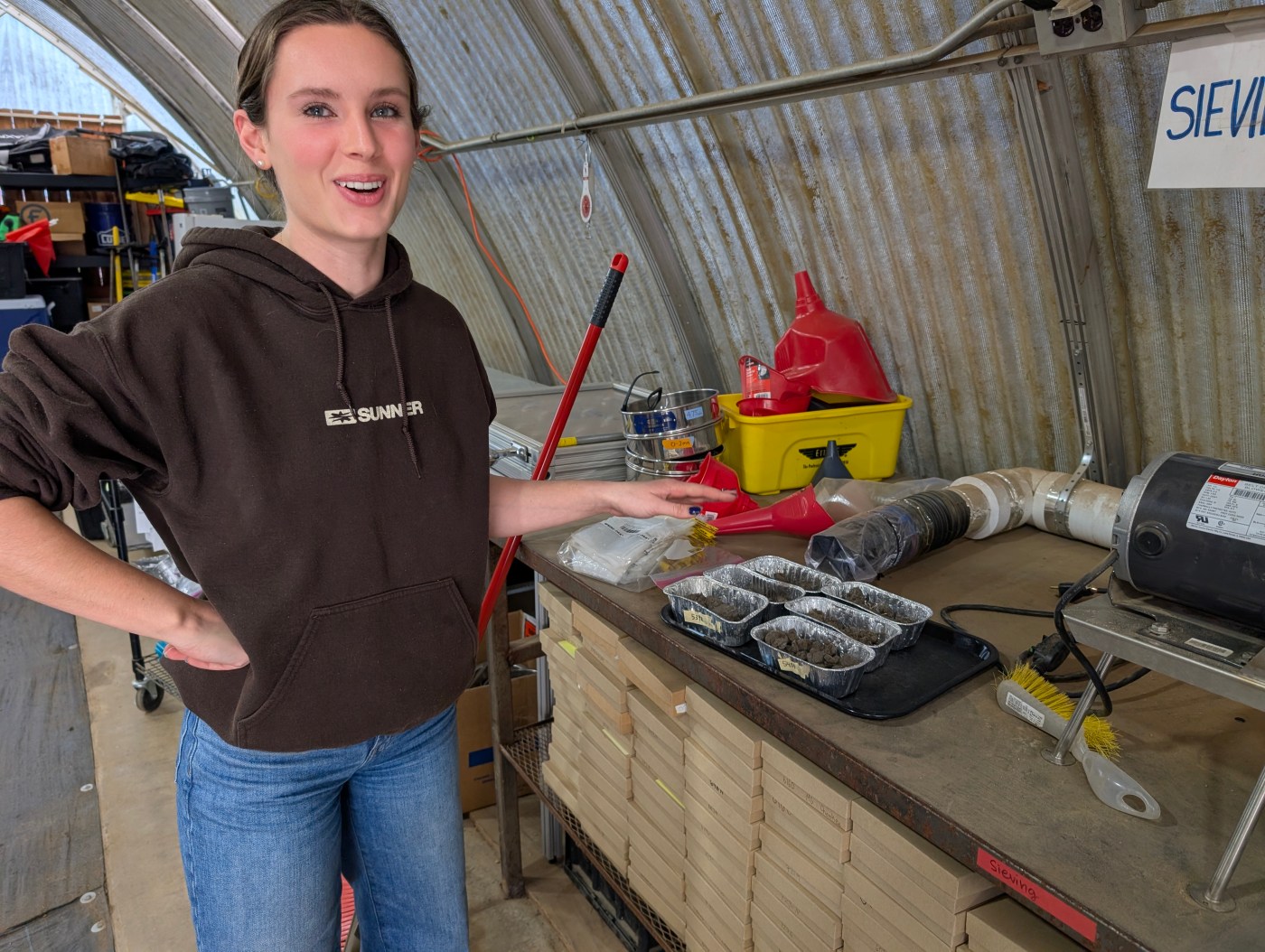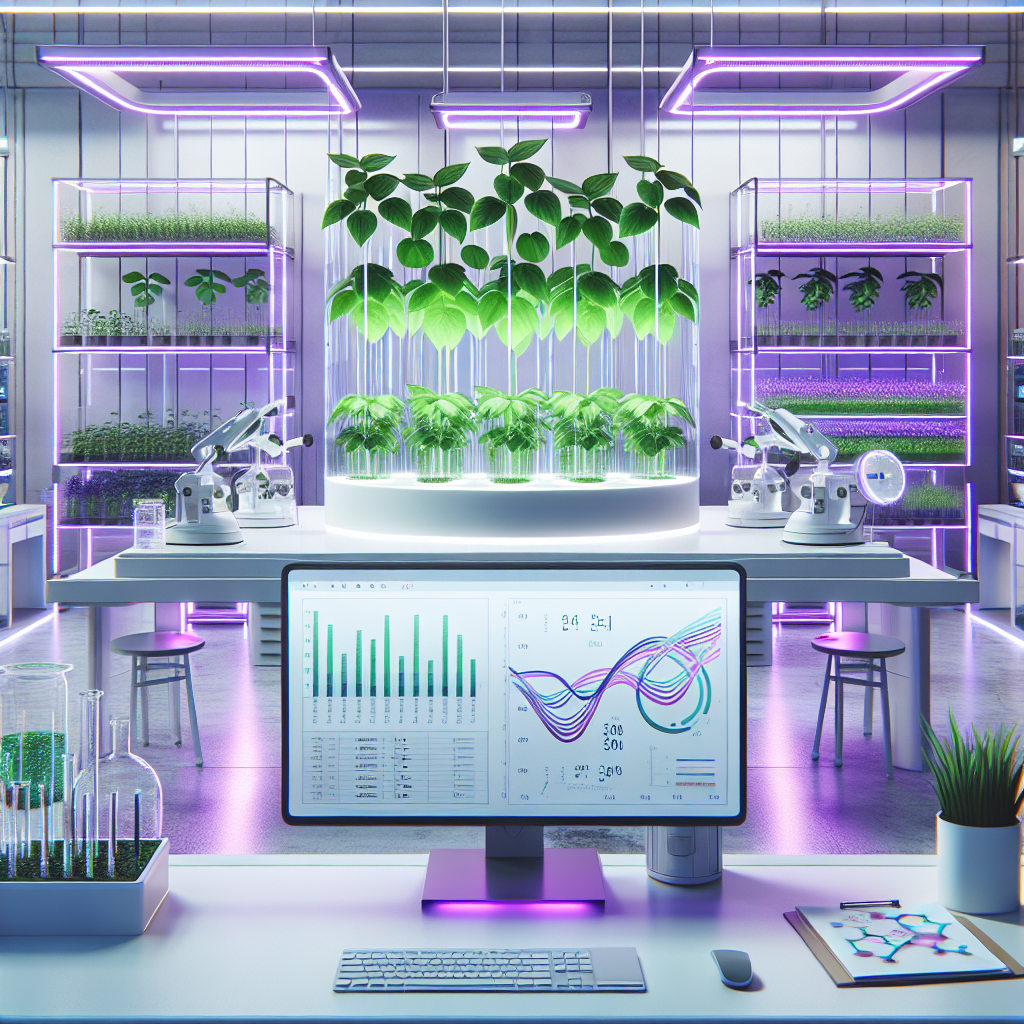
The beauty industry is undergoing a significant transformation as biotechnology merges with influencer marketing, reshaping how brands connect with consumers. This innovative approach caters to a growing demand for products that are not only effective but also ethically sourced and personalized. As brands embrace biotechnology, they are redefining the landscape of beauty, making sustainability and authenticity central to their marketing strategies.
Understanding Biotech in Beauty
Biotechnology in the beauty sector involves the use of biological systems and organisms to create new ingredients and formulations. This includes everything from lab-grown components to genetically modified microbes that produce natural compounds. Companies are now leveraging these technologies to develop skincare, haircare, and cosmetics that meet the rising consumer demand for transparency and sustainability.
Brands such as Fenty Skin, Estee Lauder, and L’Oreal have started utilizing biotechnology to formulate clean and effective products. By implementing artificial intelligence (AI) and machine learning, these companies can analyze various skin types and recommend tailored solutions, promoting a personalized beauty experience.
Influencers as Key Drivers of Trust
The intersection of biotechnology and influencer marketing presents unique opportunities for brands. Influencers play a vital role in establishing trust and credibility. They can effectively communicate the scientific aspects of biotech beauty products, helping to demystify complex formulations and highlight their benefits.
For example, influencers can collaborate with biotech brands to create educational content that explains the research and technology behind specific products. This not only enhances consumer understanding but also positions influencers as knowledgeable figures in the beauty industry.
As consumers increasingly prioritize authenticity, influencers who partner with biotech brands are often viewed as more credible. Brands that focus on detailed storytelling about their biotech processes and sustainability efforts can foster strong partnerships with influencers. This approach cultivates a community built on trust and shared values.
Brands like Notox and Biossance exemplify this trend. They not only showcase their commitment to biotechnological advancements but also encourage influencers to share personal stories and honest reviews, further reinforcing their brand messages.
Sustainability and Consumer Expectations
As consumer awareness of environmental issues grows, sustainability has become a crucial element within the beauty industry. Biotechnology is at the forefront of developing eco-friendly formulations and sustainable sourcing methods. Brands that emphasize their commitment to sustainability can attract eco-conscious influencers eager to promote green beauty practices.
Influencer partnerships centered around biotechnology can advocate for sustainable beauty by illustrating how lab-created ingredients reduce environmental impacts compared to traditional sourcing. Additionally, influencers can lead campaigns promoting eco-friendly packaging and cruelty-free testing, creating a unified narrative around sustainability.
Despite the exciting advancements, challenges remain. The complexities of biotechnology may deter some consumers who prefer conventional beauty products. Moreover, it is essential for influencers to be well-informed about the science behind the products they promote to maintain credibility and avoid misinformation.
Brands must also navigate regulatory hurdles to ensure their products meet safety standards while effectively communicating their biotech advantages. Influencers, as extensions of these brands, must understand these nuances to build and maintain trust with their audience.
The Future of Biotech in Beauty Marketing
As biotechnology continues to evolve, its influence on beauty and influencer marketing is expected to grow. Innovations in personalized skincare and sustainable practices will shift the marketing landscape. Brands that harness the power of knowledgeable and passionate influencers will create deeper connections with consumers, fostering a sense of community and shared values.
The partnership between biotechnology and influencer marketing signifies a transformative shift in beauty, emphasizing science, transparency, and sustainability. As we move forward, this revolution is poised to redefine beauty narratives, establishing a new standard where innovation and authenticity thrive together.
